What Happens in Prometheus Bound?

Aeschylus’ Prometheus Bound is a powerful and provocative exploration of the archetypal themes of rebellion, tyranny, and the struggle between the individual and the cosmic order. Through the figure of Prometheus, the Titan who defies Zeus to bring fire and knowledge to humanity, the play illuminates the nature of the revolutionary spirit, the dangers of unchecked power, and the profound tensions that underlie the human condition.
Summary of Prometheus Bound
Prometheus Bound opens with Prometheus being chained to a remote cliff by Hephaestus, the god of fire and metalworking, at the command of Zeus. Prometheus has been sentenced to this punishment for stealing fire from the gods and giving it to humanity, and for refusing to tell Zeus which of his children is fated to overthrow him.
As Prometheus laments his fate, he is visited by various figures, including the chorus of Oceanids, the daughters of Oceanus; Oceanus himself; and Io, a mortal woman who has been turned into a cow by Zeus and is tormented by a gadfly.
Throughout these encounters, Prometheus remains defiant, refusing to submit to Zeus’ will or to reveal the secret of Zeus’ potential downfall. He recounts his gifts to humanity – not just fire, but all the arts of civilization – and rails against Zeus’ tyranny and injustice.
The play ends with Prometheus still chained and still defiant, hurling a final challenge to Zeus as he descends into the underworld: “You see the wrongs I suffer!”
Archetypal Figures in Prometheus Bound
Prometheus: The Rebel and the Culture Hero
Prometheus embodies the archetype of the Rebel – the figure who defies authority and the established order in the name of a higher principle or a greater good.
Prometheus’ theft of fire, his gift of knowledge to humanity, represents a profound challenge to the hierarchy of the gods and the cosmic status quo. It is an act of rebellion not just against Zeus, but against the very order of the universe, which relegates humanity to a state of ignorance and powerlessness.
At the same time, Prometheus is also a Culture Hero – the mythic figure who brings the gifts of civilization to humanity. His gifts of fire, agriculture, medicine, and the arts represent the spark of divine knowledge that elevates humans from mere animals to beings capable of shaping their own destiny.
In depth psychological terms, Prometheus represents the ego in its heroic, transformative aspect – the part of the psyche that dares to challenge the collective norms and expectations in order to achieve a higher level of consciousness and autonomy.
Zeus: The Tyrant and the Senex
Zeus, as portrayed in Prometheus Bound, embodies the archetype of the Tyrant – the oppressive, domineering ruler who seeks to maintain power at all costs.
Zeus’ punishment of Prometheus, his relentless persecution of Io, and his overall characterization as a ruthless and unjust god all reflect the negative aspects of the Senex or Old King archetype – the rigid, authoritarian force that seeks to suppress any challenge to its dominance.
In psychological terms, Zeus represents the shadow side of the Self – the totalitarian ego that seeks to dominate the psyche and to repress any elements that threaten its control. He is the force of constraint and limitation that the heroic ego must overcome in order to achieve individuation.
Io: The Suffering Feminine
Io, the mortal woman turned into a cow and tormented by Zeus’ gadfly, represents the archetype of the Suffering Feminine – the aspect of the psyche that is persecuted, repressed, and driven to distraction by the tyrannical masculine.
Io’s plight, her ceaseless wandering and torment, can be seen as a metaphor for the way in which the feminine principle – the anima, the unconscious, the intuitive and emotional aspects of the psyche – is often subjugated and driven to the margins by the dominant masculine ego.
At the same time, Io’s encounter with Prometheus, her reception of his prophetic knowledge, suggests the potential for the feminine to be a vessel of transformative wisdom, to play a crucial role in the process of individuation and the overthrow of tyranny.
Themes and Psychological Insights
The Promethean Spirit of Rebellion
At its heart, Prometheus Bound is a celebration of the Promethean spirit of rebellion – the innate human drive to challenge authority, to question the given, and to strive for a higher form of existence.
Prometheus’ defiance of Zeus, his willingness to suffer for the sake of humanity, represents the ego’s heroic struggle against the forces of repression and conformity. It is the spirit that drives all human progress, all innovation and transformation, often at great personal cost.
In depth psychological terms, this Promethean spirit can be seen as the impetus of individuation – the drive to break free from the constraints of the collective unconscious and to achieve a more authentic, self-actualized existence.
The Danger of Unchecked Power
At the same time, the play is a powerful warning about the dangers of unchecked power – the way in which authority, when not balanced by compassion and wisdom, can become tyrannical and destructive.
Zeus’ characterization as a ruthless and unjust tyrant reflects the shadow side of the Self – the ego in its most inflated, domineering form. It is a reminder of the potential for even the most exalted figures to be corrupted by power, and of the need for constant vigilance against the abuse of authority.
In psychological terms, this theme suggests the importance of balancing the heroic ego with the wisdom of the unconscious, of tempering the drive for mastery with the humility and compassion of the soul.
The Gift and the Burden of Knowledge
Prometheus’ gift of knowledge to humanity is a central motif of the play, and one that carries profound psychological implications.
On one level, Prometheus’ gift represents the liberating power of consciousness – the way in which knowledge and understanding can free us from the chains of ignorance and powerlessness. It is the spark of divine fire that allows us to become co-creators of our own reality.
At the same time, the play suggests that knowledge is also a burden – that with increased understanding comes increased responsibility and suffering. Prometheus himself endures unimaginable torment as a result of his gift, and the play hints at the potential for humanity to misuse the powers that Prometheus has bestowed.
This theme reflects the depth psychological understanding of the individuation process as a heroic but often painful journey – a process of growth and transformation that requires the ego to confront the shadows and the mysteries of the unconscious, and to bear the weight of expanded consciousness.
The Paradox of Suffering and Transformation
Finally, Prometheus Bound presents a profound meditation on the paradoxical relationship between suffering and transformation – the way in which the experience of pain and hardship can be the crucible of growth and rebirth.
Prometheus’ torment on the cliff, his unwavering defiance in the face of unimaginable suffering, represents the ego’s capacity to endure and to transcend even the most extreme trials. It is through this ordeal that Prometheus achieves his ultimate triumph – not a victory over Zeus, but a victory over the limitations of his own nature.
This theme reflects the depth psychological understanding of the transformative power of the shadow – the way in which the confrontation with suffering, with the repressed and rejected aspects of the self, can be the key to wholeness and individuation.
Read About Other Classical Greek Plays and Their Influence on Depth Psychology
Classical Literature
Iphigenia in Aulis




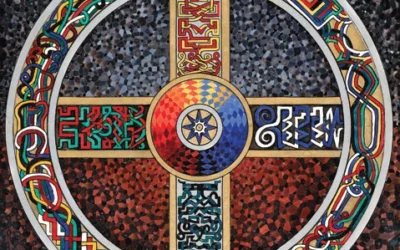
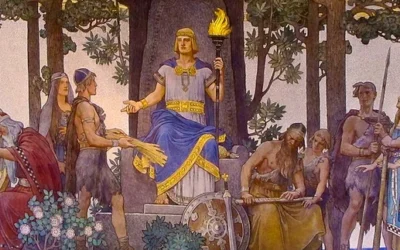


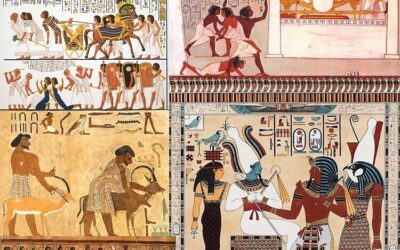
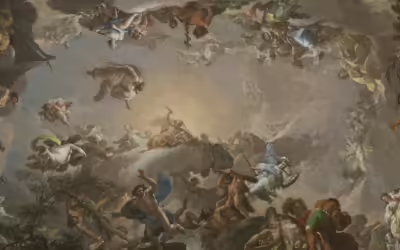



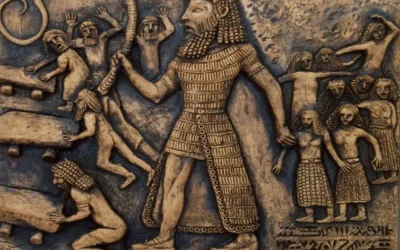
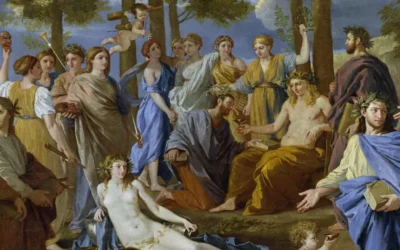
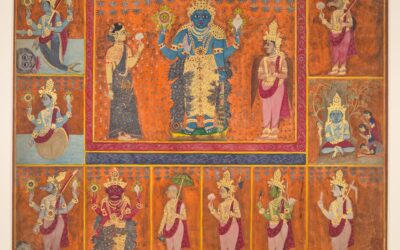
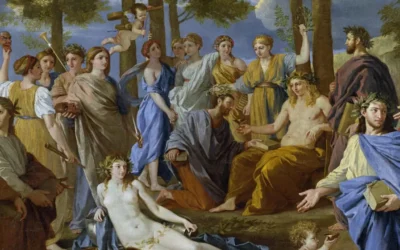
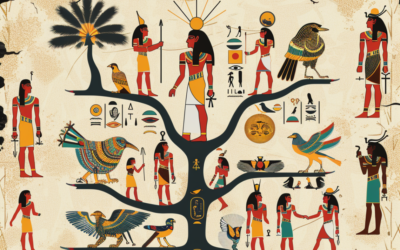
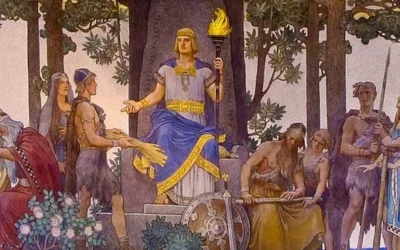

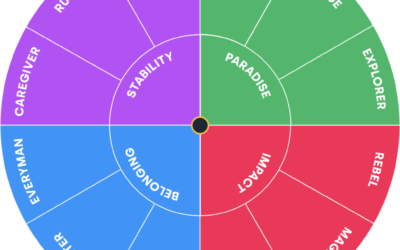

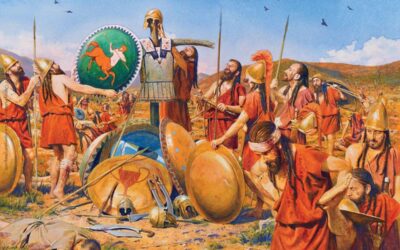

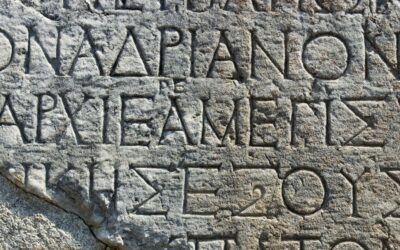

0 Comments